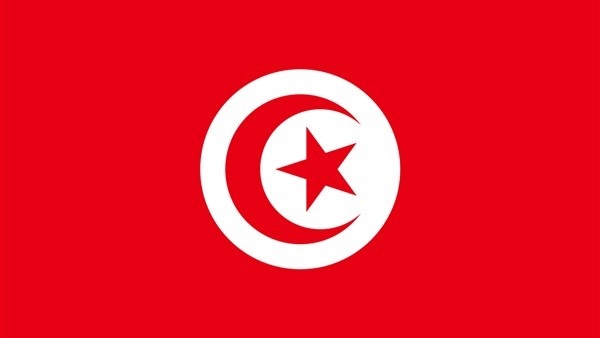Tunisia refuses European delegation to preserve its political sovereignty

The Tunisian administration’s decision to refrain from
receiving a European parliamentary delegation that was scheduled to visit
Tunisia last Thursday has raised a wave of questions about the reason that
prompted the government to take this decision, at a time when relations between
the North African country and the European Union are enjoying improvement
against the backdrop of understandings on the issue of illegal immigration.
While it was expected that after the European-Tunisian
understandings on illegal immigration and the subsequent European loans and
financial support for Tunisia during its economic crisis, Tunisia would reduce
its ceiling in the face of European directives, but the Tunisian Ministry of
Foreign Affairs decided to inform the European party that it would not receive
it.
The Tunisian Ministry of Foreign Affairs said in a statement
addressed to the European delegation, “This delegation will not be allowed to
enter the national territory,” without revealing the reasons.
Delegation’s position and Tunisian welcome
The Tunisian position shocked the European side, as some
described it as behavior occurring for the first time since the Tunisian
revolution, indicating that Tunisia is going backwards regarding the issue of
freedoms achieved by the revolution. However, the same behavior aroused
approval from the Tunisian side, which considered that the rejection of receiving
the delegation is a defense of Tunisian sovereignty, especially since the
delegation intended to evaluate democracy in Tunisia and to sit with the
families of prisoners.
Tunisia has recently arrested many well-known names close to
the Brotherhood’s Ennahda movement or figures involved in corruption cases
during the ten years that followed the revolution. President Kais Saied and his
supporters consider that depriving Tunisia of holding corruption accountable
for the sake of democracy is an interference in Tunisian affairs.
This was confirmed by the deputy head of the Sovereign
National Line bloc in the parliament, Abderrazek Aouidet, in press statements,
as he said that the delegation intended to intervene in Tunisian affairs,
adding that this delegation was going to sit with the opposition and the
families of those arrested in cases related to Tunisian security, as well as civil
society organizations to prepare for a national dialogue, which is an internal
matter.
Aouidet touched on the failure of the European delegation to
coordinate its visit prior to its arrival, denouncing that the delegation considers
Tunisia its “private farm” that it had the right to enter and discuss with its
parties to hold a national dialogue.
For his part, the head of the political bureau of the July
25 Movement, Mahmoud Ben Mabrouk, said in media statements that the European
Parliament delegation is not authorized to hold meetings with political or
union bodies or with components of civil society.
Recently, questions have been raised about this position on
the issue of illegal immigration, which is what some expected in light of the Tunisian economic crisis and the
European Union imposing its agenda to confront immigrants.





